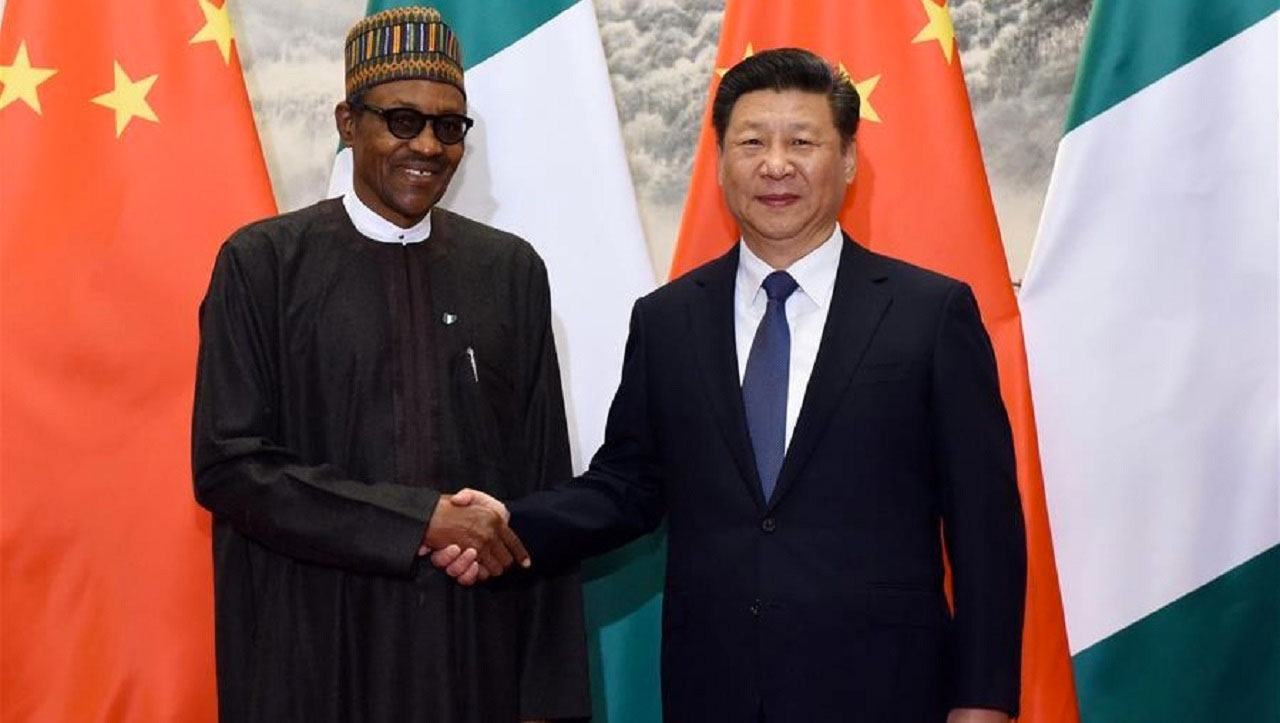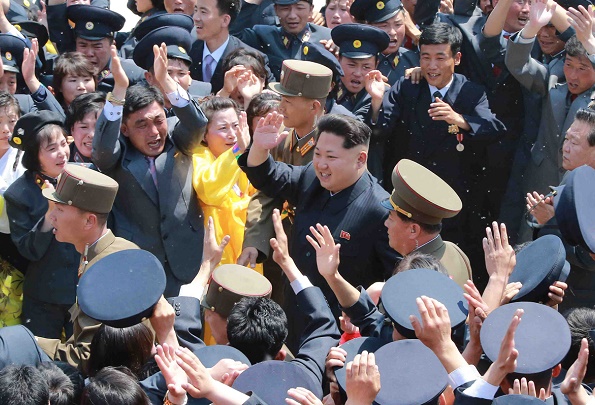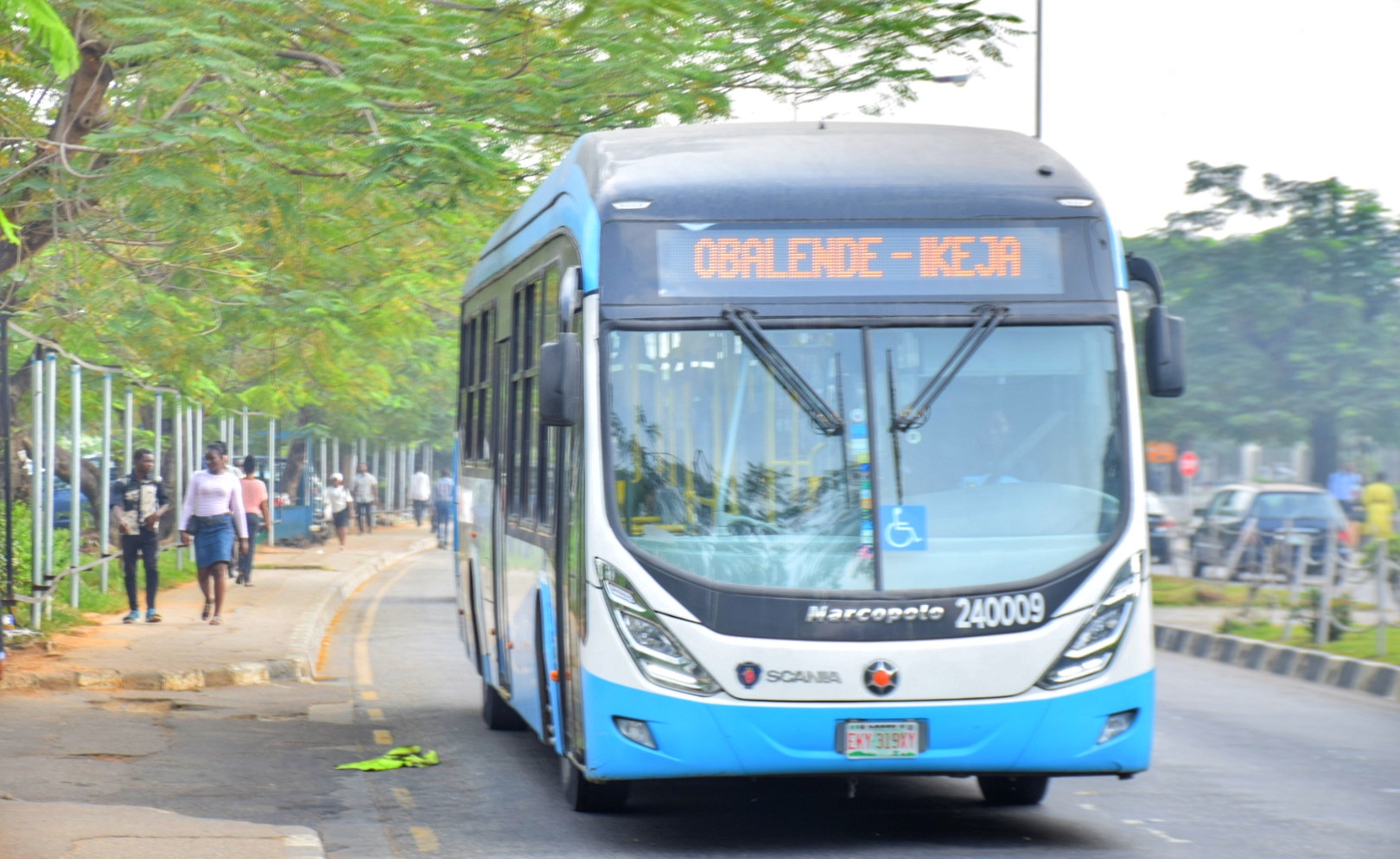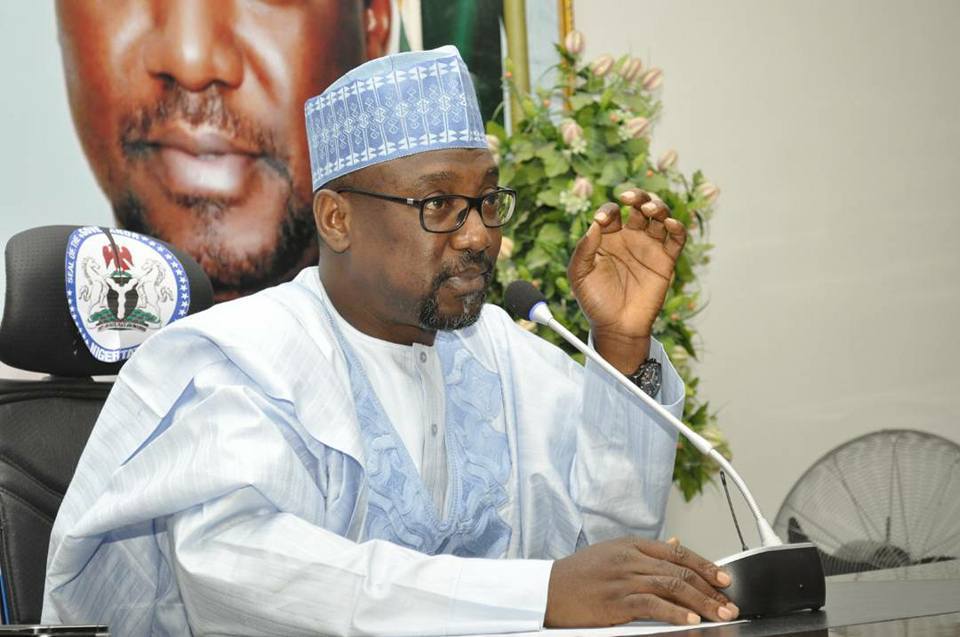BY OBOSHI AGYENO
In 1971, the diplomatic gates between Nigeria and China opened to the government and citizens of both countries to access opportunities presented by multilateral procedure of international relations and benefits of our shared humanity. Even though interactions between Nigeria and China predates half a century, Nigeria and China officially entered into a diplomatic pact on 10 February 1971 and the substance of such relations has grown in leaps and bounds. Since that diplomatic handshake 50 years ago, Nigeria and China have stood by each other come rain or shine. This has led to a monumental and productive friendship with apparent gains on both sides for all to see. The first act of friendship was displayed when Nigeria along other friendly countries voted for the recognition of the People’s Republic of China (PRC) as sole legal China in the United Nations (UN) General Assembly and its Security Council. The PRC viewed this diplomatic support by Nigeria as a show of love that should be reciprocated anytime the opportunity avails. China has not relented in supporting Nigeria overcome its own challenges, whether it is Nigeria surmounting its infrastructure deficit, uplifting her citizens out of poverty, fighting decolonization in southern Africa or building resilience and livelihood.
There have been positive commentaries by political leaders, policymakers, scholars and enthusiast of China-Africa relations on the successes of Nigeria-China diplomacy. The accomplishments were due to deliberate efforts by the governments of both countries to achieve expected results. The expectations are still a work in progress. Yet, when we care to look at the similarities shared by Nigeria and China, it is very likely to understand why the diplomatic, economic, cultural, historical and political friendship of the two nations has prospered in half a century, and will likely outlive another 50 years. One historical connection between Nigeria and China is that they both share the same national day. Both countries celebrate their national day on 1st October each year – that is 1st October 1960 for Nigeria and 1st October 1948 for the PRC. The two countries are ethnically diverse and share the misfortune of experiencing a civil war in their history, with the impact still felt today in various ways. Apart from being the most populated countries in Africa and Asia, Nigerians and the Chinese are known to be very industrious and business-oriented, with strong family tie and culturally oriented. The economy of each of these countries impacts greatly on the gross domestic product (GDP) of the region in which they are located. It is also worth noting that both countries have a large population of poor people which successive governments in both countries are doing everything within their capacity to overcome these challenges to build an inclusive and sustainable development for their people.
MUTUALLY BENEFICIAL PARTNERSHIP
In order not to fall into the same trap that constrained the partnership between Africa and western economies, the PRC at the beginning of its opening policy mainstreamed the principle of mutually beneficial cooperation and offered alternative development approach to Nigeria and other developing countries. Nigeria-China relations is governed by a flexible principle interpreted around shared history of contemporary challenges, with a unique solution that is tailor-made to meet these needs. To properly address development challenges of developing countries like Nigeria, China promoted the notion of non-interference and ‘no strings attached’ in providing development assistance and approaching development financing different from what is known with the Bretton woods system. Such a strategy has endeared many developing countries to turn to China in their quest for national and regional development. Mutual benefits were ascribed to Nigeria-China relations over the years in many ways. When China was at the threshold of its modernization and economic development, it needed Nigeria’s crude oil to power its industrial machines, fast-growing transport systems and other natural resources to feed Chinese expanding appetite for luxury and pharmaceutical products. It was not surprising that between 1999 and 2008, the Obasanjo government signed an Oil for Infrastructure deal with China. Nigeria and other African countries with diplomatic ties to China have experienced infrastructure development across its sovereignty for allowing China access to significant natural resources. China provided technical and financial support to build and improve Nigeria’s infrastructure deficit, an anathema that has challenged Nigeria’s path to inclusive and sustainable development. In the last decades, China provided Nigeria with loans to build roads, railways, dams, hospitals and avenues for other socio-cultural exchanges. Nigeria’s exports have increased exponentially due to its trade with China. The Lekki Free Trade Zones and Ogun-Guandong Free Trade Zones along with the Yiwu International Trade City and Guangzhou municipality in China is dominated by Nigerian businesses while building economic corridors between the two nations.
Advertisement
The mutually beneficial nature of Nigeria-China relations is improving rapidly and has cut across many sectors. Besides being the single largest trading partner to Nigeria, the partnership and friendly relations between the two countries have gone beyond Nigeria being just a provider of raw material to China. Development partnership and cooperation are expanding into information and communication technology (ICT), modern agro-businesses and technics, security, banking, satellite and digital development and health. To promote achievements in the above sectors, various institutions and programmes have already been enlisted in both countries. However, enhancing development platforms like the Forum for China and Africa (FOCAC) which will hold later this year in Senegal, the Belt and Road Initiative (BRI), Asia Infrastructure and Investment Bank (AIIB) and the New Development Bank (NDB) are catalyst to foster the socio-economic and technological transformation of both countries. These platforms promote common development and provide access to development financing not only for Nigeria and China but to all developing countries. Recently, the global pandemic has also brought Nigeria and China together in experience sharing and cooperation to make China manufactured vaccines (Sinovac) accessible to Nigerians in the fight against Covid-19.
CHALLENGES TO NIGERIA-CHINA RELATIONS
Nigeria-China relations was not made in the laboratory, it will be misleading to say that the partnership is perfect. As a conscious human effort to meet social, economic, political and environmental determinants over these years, the partnership by both countries have experienced challenges and avoidable mistakes have been made, as expectations may have fallen short due to human errors and socio-cultural differences that may restrict the people of both countries. Several condemnations have been generated by the idea, content and policies of Nigeria-China relations, especially on the area of natural resource governance, ethical consideration and approach of Chinese labour relations in Africa.
Advertisement
Understandably, the last 50 years of Nigeria-China relations has come under heavy criticism by pessimists of China-Africa partnership. Some Nigerians see a lopsided, periphery-centre relationship in favour of China. But is that really the case? A challenge mitigating the smooth cooperation between Nigeria and China is the problem of perception. The perception that the Nigerian government is mortgaging the future of its citizens with the enormous loans it borrows from China has raised strong concerns from the people. This notion may affect the outcome of Nigeria-China relations going forward if some level of information, transparency and innovation is not brought to bear in subsequent development strategies between the countries. These perceptions may have been built over time due to misunderstanding by the people of how easily some of these loans are acquired and the accountability question in the implementation of projects secured for those loans. Some of these concerns are strongly influenced by Nigeria’s attachment to western development models that put stringent measures on how Nigeria could access development financing and the supervisory role and conditions of implementing such development. As indicated earlier, China provides an alternative path to development that is distinct in substance and content with the Bretton wood system. Many Nigerians are not very conversant with the tailor-made development strategy China offers to the world.
It would seem that cooperation between the governments of Nigeria and China is more elaborate than relationship cultivated between the citizens through people to people exchanges. The people of both countries need to encourage interactions on a more personal level in order to enhance understanding and hopefully correct some of the wrong perception existing in this partnership. The perception that anything manufactured in China is sub-standard or low in quality is affecting commerce between Nigeria and China that may be hard to measure or notice. The reality is that China manufacturing capacity abide by whatever standard a recipient country insist on. The Nigeria government and business community must insist on a standard that will provide a quality measure of goods that are coming to Nigerian market from China. Low quality products from China, and Nigeria as a major export hub of raw material to China may not represent the type of dynamism expected to be evident in Nigeria-China partnership going into the future.
RETHINKING PARTNERSHIP FOR FUTURE COOPERATION
Nigeria-China relations need to be boosted by adopting various innovative strategies that will enrich a win-win cooperation between the countries. This will involve sharpening alternative paths to development of which China is known for, and which Nigeria stands to gain. Since Nigeria is still rich in natural resources but short in development financing, China could henceforth encourage innovative ways that Nigeria could access loans for infrastructure development through the bloc currency model. This is a form of modern barter system that encourage the use of natural resources as a mode of payment for infrastructure development. The bloc currency as an alternative model of development financing has been used by China with Angola, Sierra Leone, Equatorial Guinea, to mention a few. When Nigeria is allowed to pay for its infrastructure development with natural resources, it will benefit its citizens and provide a suitable environment to innovate and democratize development financing. This will guarantee a win-win partnership for the foreseeable future.
Advertisement
Agyeno can be reached at [email protected] , 08179111807
Views expressed by contributors are strictly personal and not of TheCable.
Add a comment






